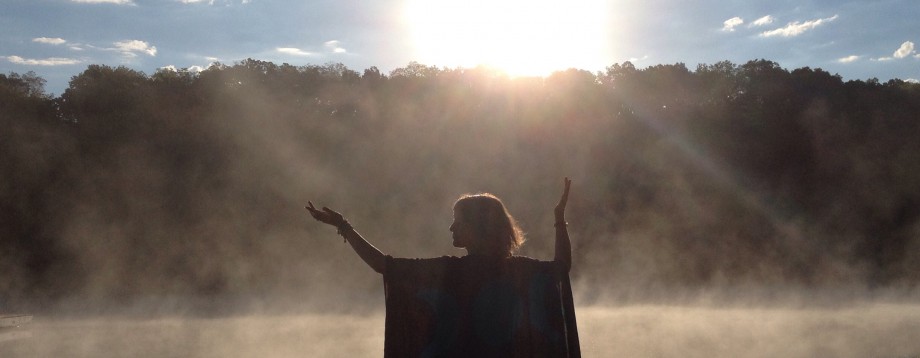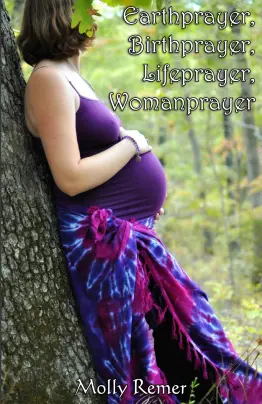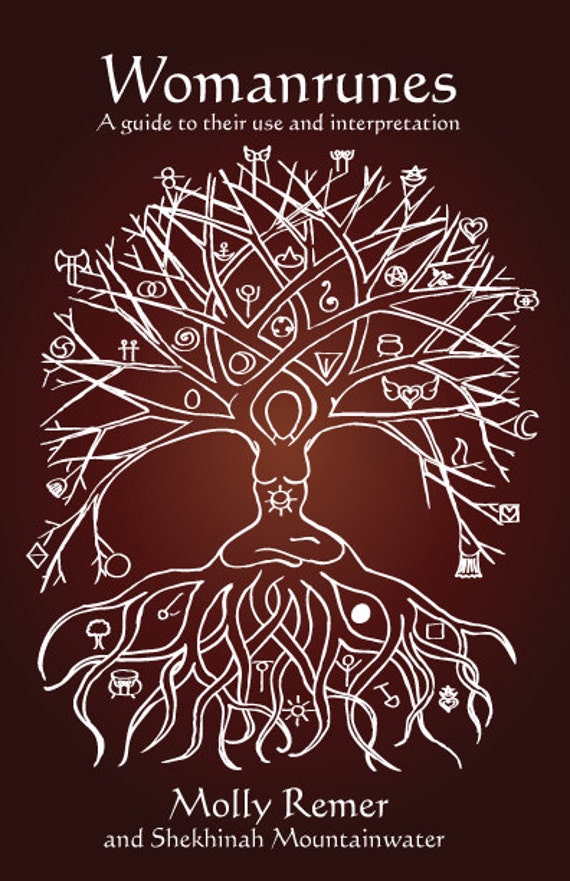
I went to the woods intending to take a picture of the setting sun, but I’d accidentally hit the reverse-image button, so my own face was looking at me instead. So, I thought…that’s most real!
“…in listening you become an opening for that other person…Indeed, nothing comes close to an evening spent spellbound by the stories of women’s inner lives.”–Sacred Circles
This morning my attention was caught by this blog post’s exploration of becoming most real:
Becoming most real means becoming aware of what we are doing and feeling all the time. It means noticing not only our imagined or desired reality —the one we’re cooking up in our mind to soothe our discomforts and fears — but also the reality that actually exists, the one that is most real…
[during a stressful experience]…But then I asked, “What is most real?”
I noticed that I was feeling tense and stressed. That I knew already. But I also noticed that I was struggling to change things, trying to force myself to feel relaxed. And that was the key. Because then I went from being lost in the struggle to being aware of the struggle. I went from identifying with the struggling to identifying with my deeper self that sees the struggle. For a moment I was grounded in the unflickering flame of my true self. For a moment I achieved the very aim of yoga.
You can practice being most real by asking yourself, “What am I trying to feel right now, and what am I actually feeling right now?” These two are related: What you are trying to feel right now, or more specifically, the fact that you are trying, is what you are actually doing; it is most real. Most real is not the state you are trying to achieve but the state you are in. That’s where you’ll find the greatest vitality, peace, and happiness.
I’m three quarters of the way through a year-long OSC class based on the book Twelve Steps to a Compassionate Life
. We’re examining and practicing compassion to ourselves and in personal relationships, community relationships, and to non-humans. The subject of the sixth month was, “making a place for others.” What does this mean? The author explains…
I began to notice how seldom we “make place for the other” in social interaction. All too often people impose their own experience and beliefs on acquaintances and events, making hurtful, inaccurate, and dismissive snap judgments, not only about individuals but about whole cultures. It often becomes clear, when questioned more closely, that their actual knowledge of the topic under discussion could comfortably be contained on a small postcard. Western society is highly opinionated. Our airwaves are clogged with talk shows, phone-ins, and debates in which people are encouraged to express their views on a wide variety of subjects. This freedom of speech is precious, of course, but do we always know what we are talking about?
Armstrong, Karen (2010-12-28). Twelve Steps to a Compassionate Life (Kindle Locations 1476-1481). Random House, Inc.. Kindle Edition.
Previously used in: Plucking out the heart of mystery
I spent all month working with this idea and very often, I suck at it. One of the roles of a priestess is to hold the space for others, and I do find I am able to do that in a ceremony environment and also in a support group setting, but it pretty much ends there. This isn’t really new for me, when I worked in battered women’s shelters, I remember coming home and being aware I was monopolizing the airspace with my husband and saying, “I spend so much time listening to other people and their pain, that then when I get home I just need a space too and I no longer feel like I can give it to anyone else.” So, I feel as if my closest family members rarely get to experience my ability to hold a space for others, because they’re sort of forced into that role for me instead.
I’m really feeling exhausted this week. Worn out and beaten down. Incapable of keeping up. Dropping balls. Forgetting things. Having to leave things undone, unreplied to, unfinished, let go. Bad mother, bad wife, bad friend, bad person. I know from past experience that this isn’t a permanent feeling. It is directly related to not enough time at home alone and too much outward directed energy with no time to refuel and recollect my energy. Next week looks much the same. Some of it is self-imposed. A lot of it is related to other people’s expectations of me (or perceived expectations). I keep feeling as if I’m making the wrong choices, doing the wrong things, letting myself get scattered and fragmented and overwhelmed and panicky. And, as I write it all out, I then feel like I can see how my thinking is disordered and I feel judged.
What’s been on my mind today is listening to other people; making a place for others. I’ve been thinking about seeing and being seen, hearing and being heard, knowing and being known. About witnessing each other. But, is there really any way to see and to truly be seen or is it all so filtered through our own lenses and our own interpretations of experience that we all just bump around into each other’s “ice cubes” rather than actually connecting? (See Charlotte Joko Beck for the “ice cube” thing.) I’m such a self-monitor, the watching of myself becomes painful, and I feel inauthentic or critical of my own responses and being. I want to be able to connect authentically, to reach out and engage with others deeply, to have the same sense of understanding of other people as I have of myself and this patch of earth I live on. Today, in the woods I thought: this is just all so relentless. And, then I thought: yes, it IS relentless. Life is relentless. That is what makes it beautiful. I sometimes feel as if I’m becoming more and more distant and disconnected from people even as “connection” takes a prominent position in my thealogy and my values, and yet it feels so hard, and I feel so tired. And I want for everyone to get along and I want for everyone to be friends and I want for everyone to understand each other, I want for everyone to be seen and to be heard and to be known. I want this for myself and for others and yet, I can’t do it. Sometimes I feel separated from others by glass. The way I share my own feelings and taste my own experiences is through the written word. Companionship lately ends up making me want to run away (again, I know logically that this isn’t actually true, it is symptom of not having the two hours to myself that I need. Once I have some two hours I’ll be back and not at the verge of tears all of the time anymore). I want to separate right now. Separate so that I can write about connection…
What is real?
Sun on its way down.
I had a weird moment here in which I laid my head on my knee, where my phone was resting–both my eyes were open and because one of them was looking at the reflection of the trees/sky in the shiny front of the phone and the other was actually looking at the ground, it was like I could see the trees and sky superimposed on the leaves/rocks and it was very surreal. Since I was writing about perception and thinking, again, about subjective experience, it seemed like a fitting moment–one I wished it was possible to photograph too!Feel your breath
feel your pulse
notice the butterfly
watch the hawk
hear the spring peepers
witness the sunset
listen for howling
give thanks for that relentless, hot, hunger
that fuels you
celebrate your own passion
and your refusal to stop trying
feel tears prick your eyes
feel tiredness sweep your body.
wind in your hair
life at your back and at your shoulders
hope on your lips
love is in your hands…
I can’t make a place for others unless I’m willing to make a place for myself.








Love it! This post resonates with me in so many ways.
Thanks! 🙂
Pingback: Woodspriestess: Women’s Circles | Theapoetics